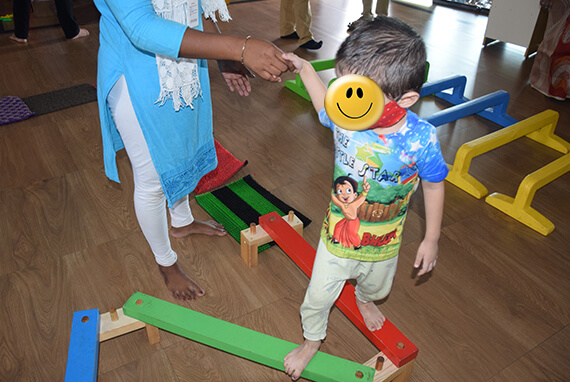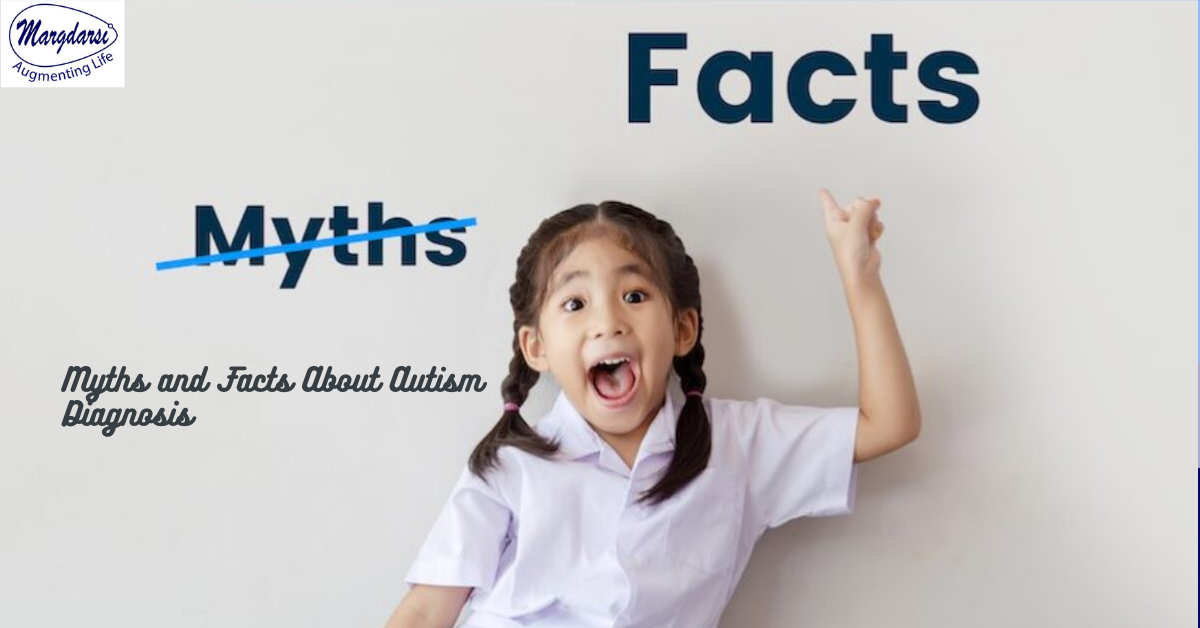
Parent Guide to Autism Evaluation
admin
- 0
What is Autism Evaluation?
Autism Evaluation helps to understand a child’s needs and strengths. Families may feel scared or confused at first, but learning about this process helps them support their child with love.
Autism Evaluation is the first step toward help and care for your child.

BOOK A FREE AUTISM GROWTH ASSESSMENT(Limited Spots Available!)
Why Autism Evaluation Matters
-
Early help is important for children with autism.
-
Autism Evaluation guides the support your child receives.
-
Families learn how to help their child every day.
-
Children feel safer when understood.
How Do They Evaluate for Autism?

Autism Evaluation 90 days Program includes these steps:
-
Intake Interview: Parents share their child’s story, habits, and behavior.
-
Testing: Experts use games or questions to look at thinking, speaking, and actions.
-
Common tests are the ADOS-2, ADI-R, and cognitive tests.
-
-
Observation: Doctors watch the child in many settings, like home or school.
-
Feedback Session: Parents learn about results and ask questions.
What are the 5 Main Symptoms of Autism?
Autism Evaluation looks for these signs:
-
Trouble with social interaction
-
Little or no speech, or delayed speech
-
Repetitive actions or narrow interests
-
Problems with daily skills and tasks
-
Unusual ways of reacting to sounds, touch, or lights
What are the Four Tests for Autism?
Common Autism Evaluation tools include:
-
Autism Diagnostic Observation Schedule (ADOS-2)
-
Autism Diagnostic Interview–Revised (ADI-R)
-
Vineland Adaptive Behavior Scales (VABS-3)
-
Differential Ability Scales (DAS-II) or Mullen Scales (MSEL)
What are Signs of Mild Autism?
During Autism Evaluation, specialists may notice:
-
Quiet or unusual ways of making friends
-
Repetitive interests, like lining up toys
-
Following routines very strictly
-
Difficulty understanding jokes or sarcasm
Autism Evaluation for Kids and Adults
There are special tools for children and tools for adults. Many clinics offer Autism Evaluation near me and can give forms for parents to fill out. Some centers provide an Autism screening questionnaire PDF or an Autism Evaluation form as part of their process.
Autism Diagnosis Guide: Next Steps
After an Autism Evaluation, families receive a report. The doctor may suggest therapy, school support, or new activities.
-
Ask questions. The feedback session is your chance.
-
Keep all records safe for future needs.
FAQs
How do they evaluate for autism?
Experts talk to parents, watch the child, and use special tests to see how the child thinks, speaks, and acts.
What are the 5 main symptoms of autism?
Social issues, delayed speech, repetitive actions, trouble with daily routines, odd reactions to things around them.
What are the four tests for autism?
ADOS-2, ADI-R, Vineland scales, DAS-II or Mullen Scales.
What are signs of mild autism?
Quiet, repeats phrases or actions, follows routines, misses jokes.

